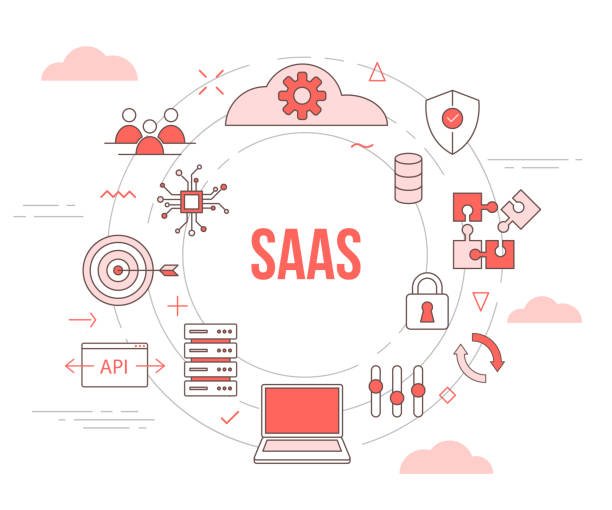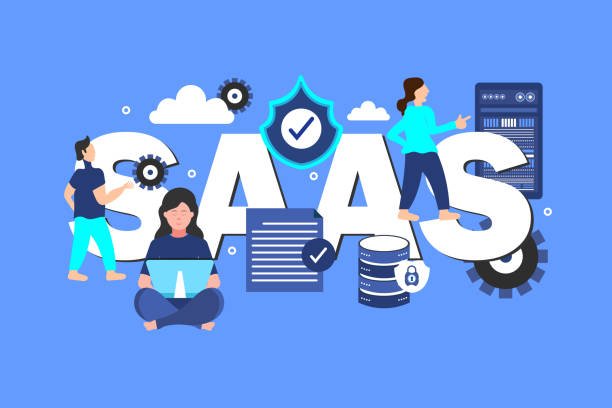
How to Choose the Right Software for Your Business
Selecting the right business software can feel like trying to find a needle in a haystack. With so many options out there, how do you know which one will truly suit your needs? Whether you’re a small business or a large enterprise, the process can be overwhelming. But don’t worry – in this guide, we’ll break it down step-by-step so you can make an informed decision.

As regards the choice of the correct software to suit your business, it forms a very critical interest in ensuring that the operations run smoothly. The wrong software leads to inefficiency and extra costs. How do you then make an appropriate choice for your company? Let’s get into the process.
1. Why Choosing the Right Software Matters
The right business software determines the productivity, efficiency, and scalability of your business. Now, can you imagine running a bakery with law firm software? Sounds impossible, right? And imagine trying to avoid chaos by controlling all the work processes, improving communication, and providing for growth through the right tools, shall we say, office software and other means.
2. Know Your Business Needs
Before you begin your hunt, however, first determine what specific needs your business has. Will it be necessary to acquire accounting software solutions, project management tools, or perhaps even CRM software? First, you’ll likely be determining what pain points you hope the software solution addresses.
3. Determine Must-Have Features
Not all software are created equal. Some have features that you might not like, need, or even miss. So, create a list of the features that you need. Assuming that this is your first experience with a CRM application, do you require contact management? Is integration with the solution for an email marketing service really required? Knowing what must-haves you have at the start brings you closer to finding the right solution.
4. Scalability of Software
Your business will not stand still-it will grow. So choose business software that scales up with you. Scaly means that the software can be flexible enough to welcome the increase in workload when your business grows without breaking a sweat. If it’s not very elastic, you’ll be switching to another one sooner than you could have imagined.
5. Comparing Costs and Pricing Models
Budget: It’s a significant factor while deciding on the right software to use. You need that correct price and relevance. Few charge for one-time buys, while the rest incurs subscription services. Be sure to check the long-term costs for all the upgrades and add-on features.
6. Compatibility with Existing Tools
It should integrate well with the other tools you are already using. In other words, if you’re already using a specific accounting software, the new CRM should integrate well with that. Otherwise, you will be juggling so many other platforms, and they won’t talk to each other. And that means inefficiency.
7. Keep Track of User Reviews and Testimonials
This will research what is the commitment before making it. Mostly reviews are what other users have posted on the software. These reviews and testimonials tell us the applications in real life and both pros and cons. Always look for the reviews of businesses like yours; so it would likely give you feedback that is more relevant to your needs.
8. Significance of Customer Support
No matter how friendly a software is, issues will crop up sooner or later. So good customer support from the vendor is also very important. Learn whether they have 24/7 support, live chat, or very rich knowledge bases. Good customer service can save you hours of frustration.
9. Test the Software with a Trial Version
Most software vendors offer a free trial or demo version. Put them to good use! Pre-testing the software before buying will enable you to decide whether it really meets your needs and how user-friendly the tool will be for your team. Compare it to test-driving a car before buying; end
10. Security and Data Protection
Your business data is precious and needs to be kept protected above all else. Look for the software that would have robust security features such as data encryption, regular updates and practices set by standards of industries like GDPR. Get information from vendors about their policies on data protection so that you can give a sigh of relief.
11. Vendor Reputation Consider
The reputation of the software vendor counts just as much as the software. Consider companies that have been around for some time and have a reputation and history. A company that has been in business for years will be sure to keep up with changes and updates, therefore keeping your software cutting-edge.
12. Make Your Decision
All said and done, it is only by weighing the pros and cons against each other, carefully deliberating within your team, and determining a software that meets your current needs and budget but also will grow to meet the expectations of your future, that you can make an informed choice. So, at the correct choice comes saving time, effort, and resources over time.





